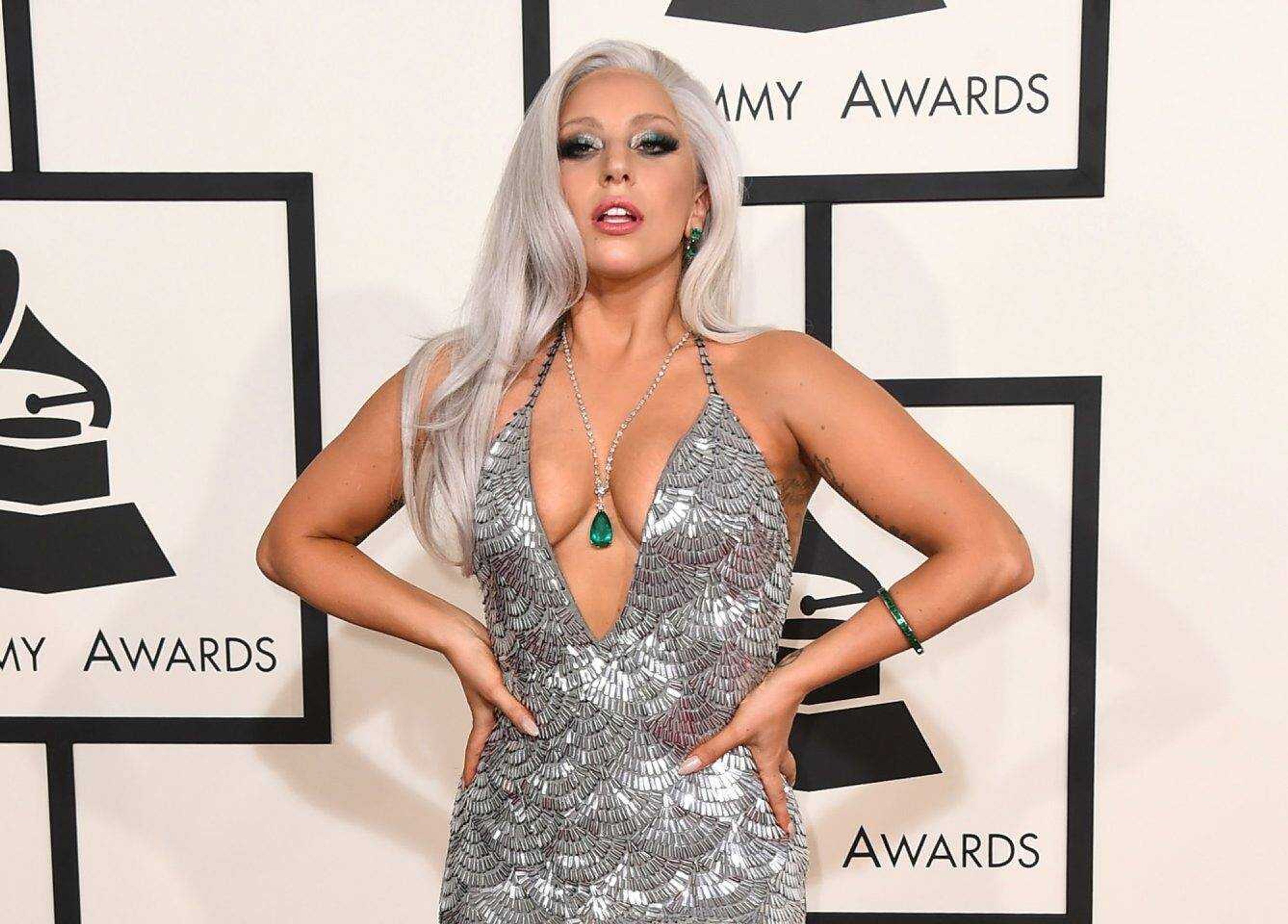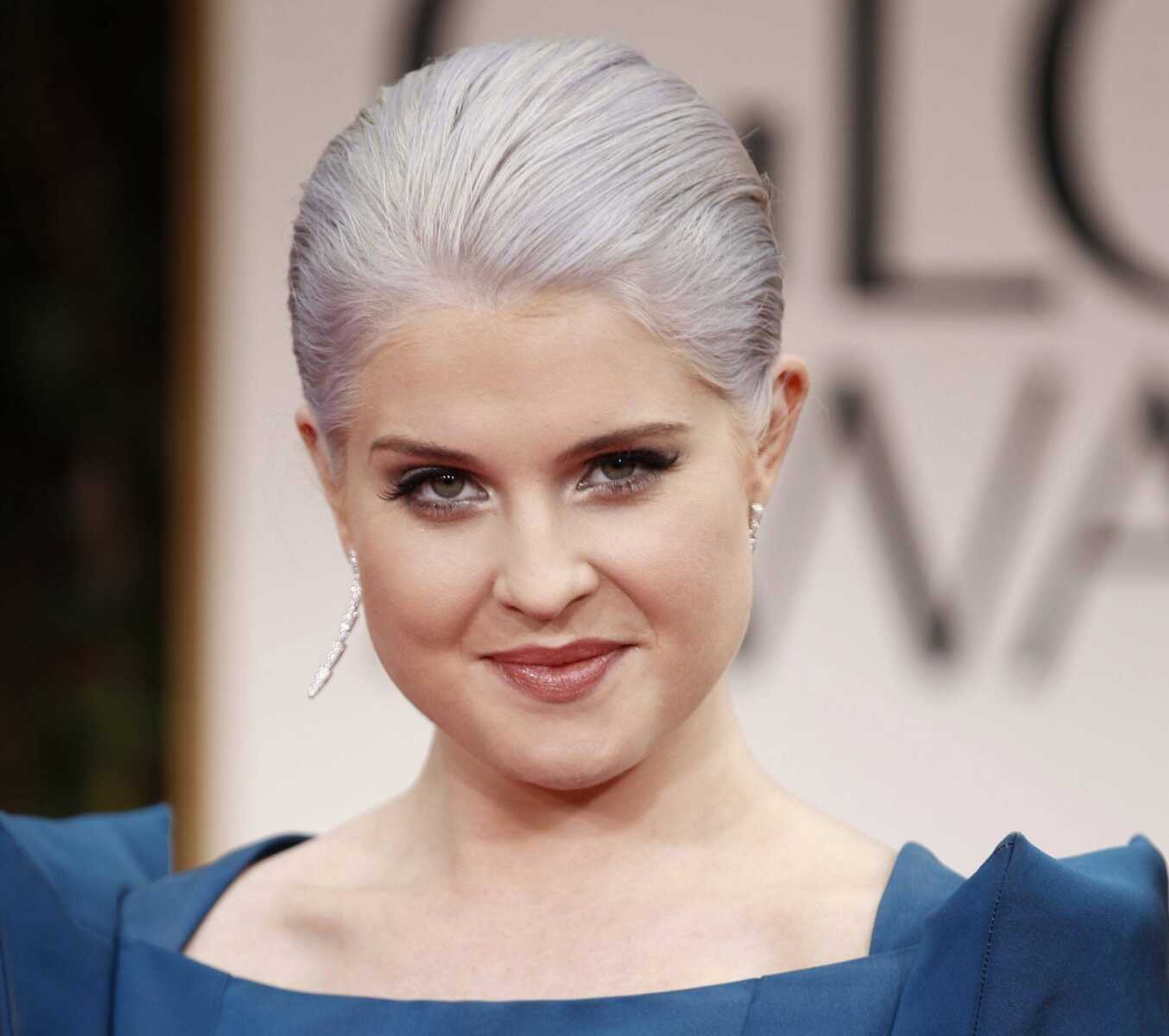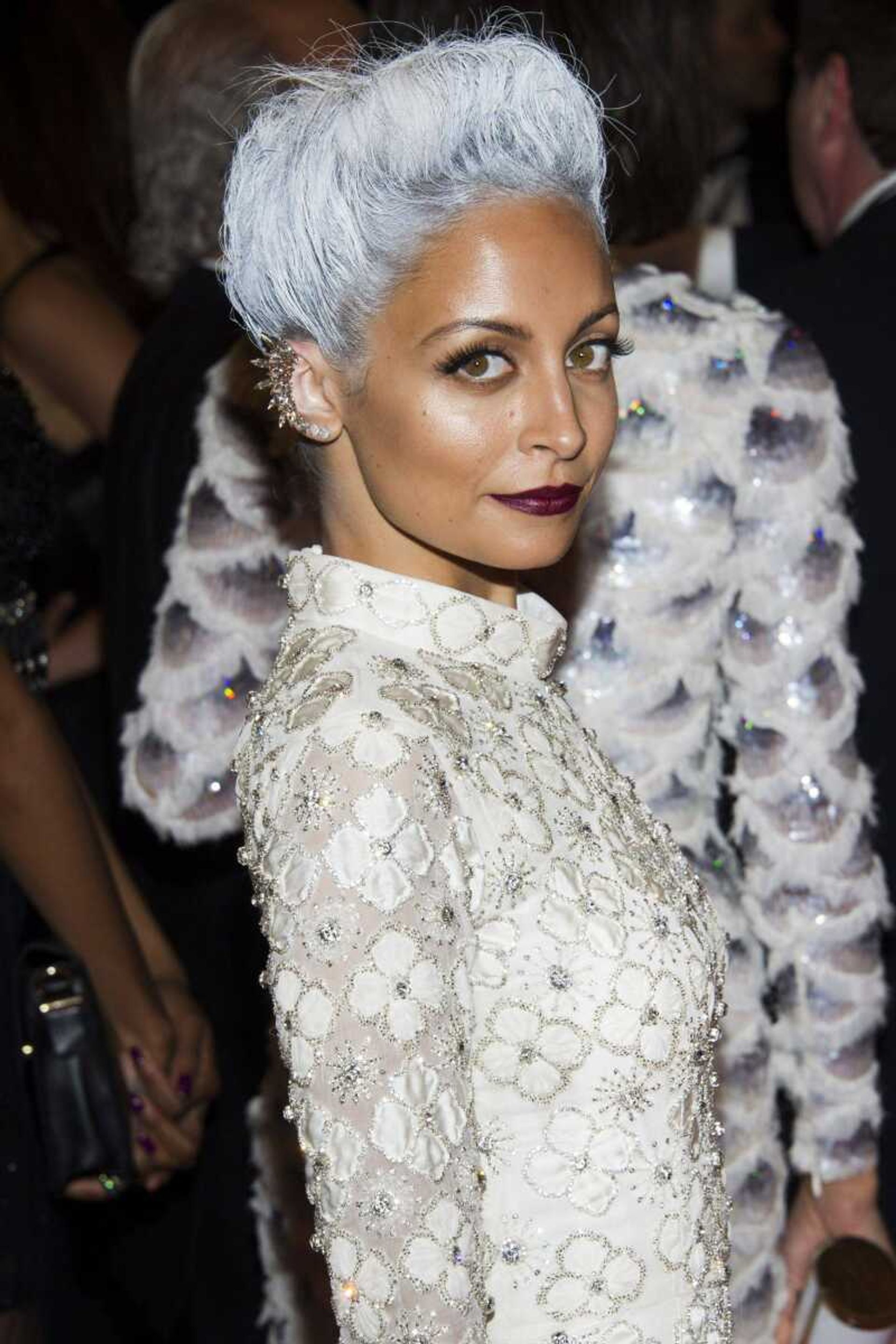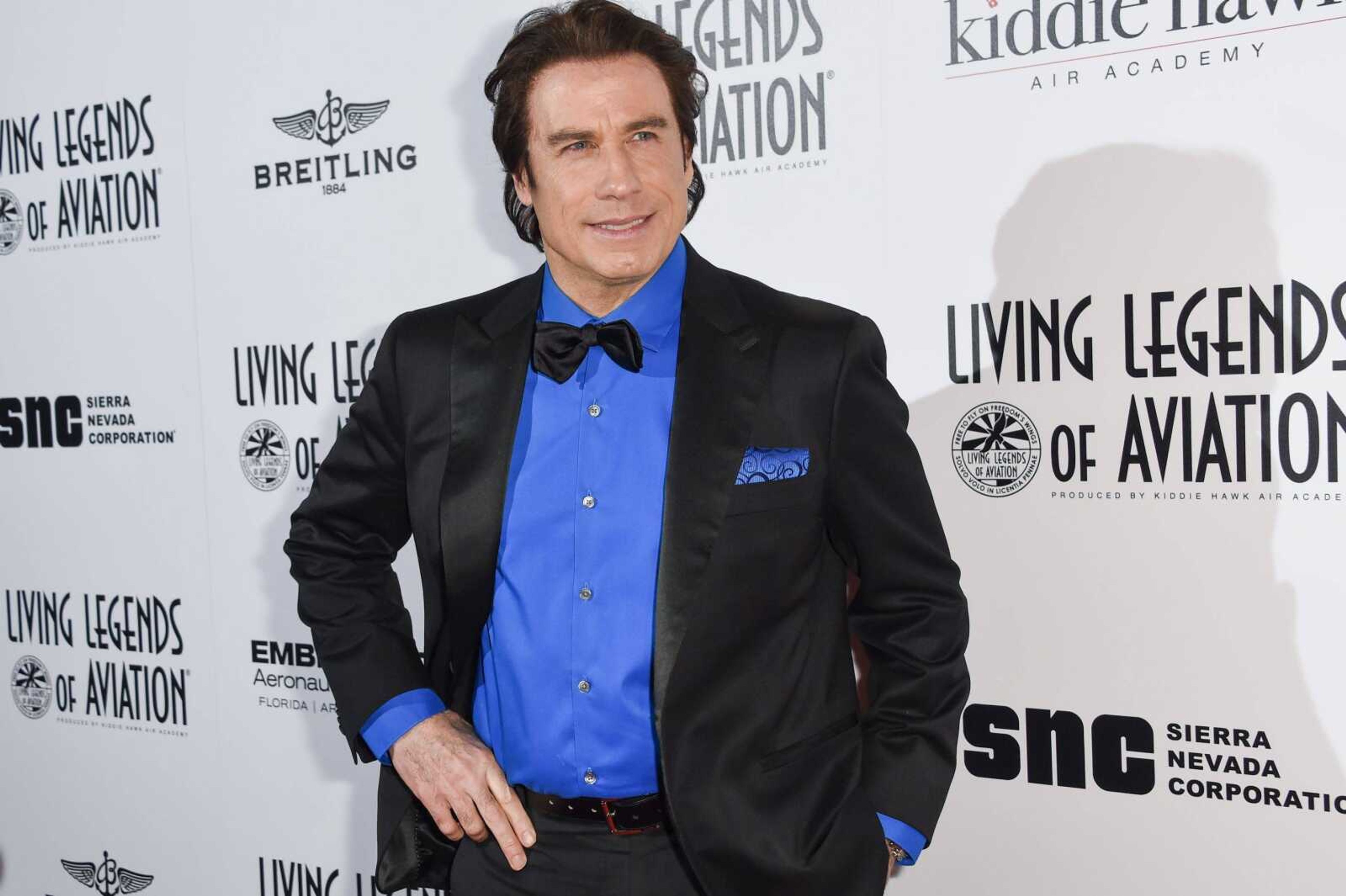Shades of gray: Going gray naturally can be the bold move these days
Joanne Hudson's friends didn't hide their surprise when she mentioned earlier this year that she was considering letting her gray hair show. Most were enthusiastic and supportive. But they treated the idea of going naturally gray as a bold, gutsy move...
Joanne Hudson's friends didn't hide their surprise when she mentioned earlier this year that she was considering letting her gray hair show. Most were enthusiastic and supportive. But they treated the idea of going naturally gray as a bold, gutsy move.
Coloring her hair was considered the default decision, says Hudson, 52. Going gray was not.
At 58, Lydia Bishop opts to color her gray hair, though occasionally a few silver strands show through. When they do, her 88-year-old mother speaks up in code, pointing out that "Mrs. White is visiting." One of these days, Bishop might just let "Mrs. White" stick around.
"I'm ready to let all my grays come out," she says. "But my boyfriend isn't ready to face that we're old enough to have gray hair."
After a half-century, Clairol's famous "Does she or doesn't she?" query has been answered with a resounding, "Of course she does. And her husband and kids probably do, too." Moms in their 40s are adding dark blue streaks to tresses that are already colored brown or black, while 79-year-old Robert Redford remains perennially sandy blond.

But gray hair? That's for college students and young pop stars like Lady Gaga, who step out with shimmering, dyed-silver locks, rather than for baby boomers reaching the milestone ages long associated with gray hair.
Chatter crops up online when John Travolta appears with a solid block of mahogany hair on top of his head and incongruous salt-and-pepper sideburns peeking out underneath. But it's the unflattering look that causes a stir, says celebrity fashion stylist Felix Mercado, not the fact that Travolta, or anyone else his age, colors their hair.
Whether we're conforming to popular beauty standards or defying them, we "don't ask for permission anymore," says Hilary Aquino, assistant professor of history at Albright College in Reading, Pennsylvania.
The strict definitions of beauty and femininity that prevailed generations ago, she says, have become more flexible. That's great news for baby boomers who don't want gray hair and also don't want the trouble of lying about it.
But the silver "#grannyhair" that teens are embracing doesn't always get the same positive response when it's framing a middle-aged face.

For starters, natural gray hair has a different texture than hair that still holds its original color. It can be unruly and dry, announcing that something has changed.
"Gray hair is a sign of aging and today, in that association, it still creates as much anxiety as it did in the past," says Wanda Balzano, associate professor of women's and gender studies at Wake Forest University in North Carolina. She sees a false liberation, rather than progress, in the widespread acceptance of banishing gray hair.
"What is different today is that men are becoming increasingly conscious of their hair image," Balzano says, "and have thus joined the ranks of women in being conscious of how they look."
Eden-Renee Hayes, professor of psychology at Bard College at Simon's Rock in Massachusetts, agrees: While the choice to dye your hair at any age and to use nontraditional colors "may seem bold and liberating," it may actually be a new way of conforming.
Have we gotten so comfortable with people coloring their hair that we're unhappy when they don't? Does gray hair mean automatic grandparent status?

Ashley Broadway-Mack, a 42-year-old mother of two young kids who lives in Alexandria, Virginia, doesn't have much gray hair, and usually colors it. But when she lets a few gray strands appear, the response has shocked her. Strangers have assumed she was her children's grandmother, rather than their mother.
Broadway-Mack's wife, Heather, tells her the gray hair is flattering, but those comments from strangers have left her wondering: If she stops coloring her hair, will she be pigeonholed as "old" in a couple years, when her children are bigger and she's ready to seek a full-time job outside her home?
Hudson, for her part, has found it professionally useful to let her gray hair show through. In her work as director of the Ridgefield Independent Film Festival in Ridgefield, Connecticut, she says she gets a different response in meetings now that her gray hair has emerged. It's as if her experience and knowledge are visible along with those strands of gray.
She doesn't worry that going gray signals that she's older than 50. In the entertainment industry, where she has made her living as a playwright and event producer, "they're always looking for the next 20-something, anyway."
"As soon as you're a few years beyond that," she says, "you're old already."

Connect with the Southeast Missourian Newsroom:
For corrections to this story or other insights for the editor, click here. To submit a letter to the editor, click here. To learn about the Southeast Missourian’s AI Policy, click here.










